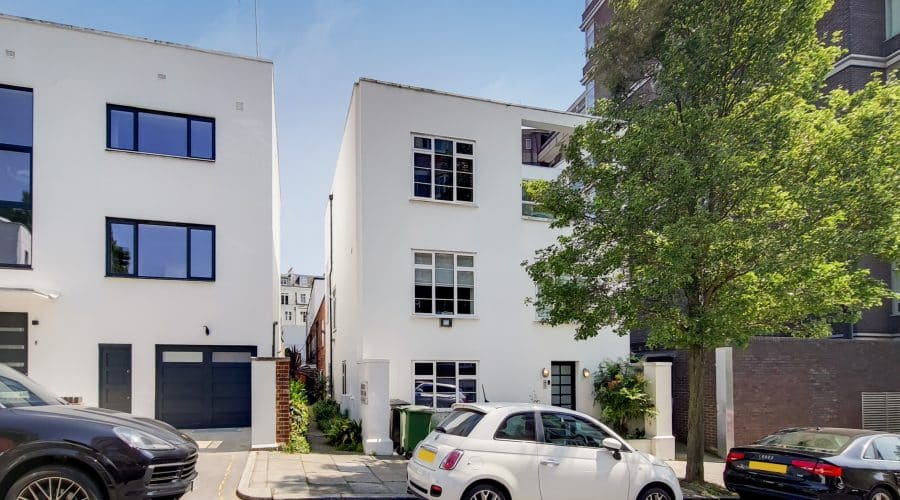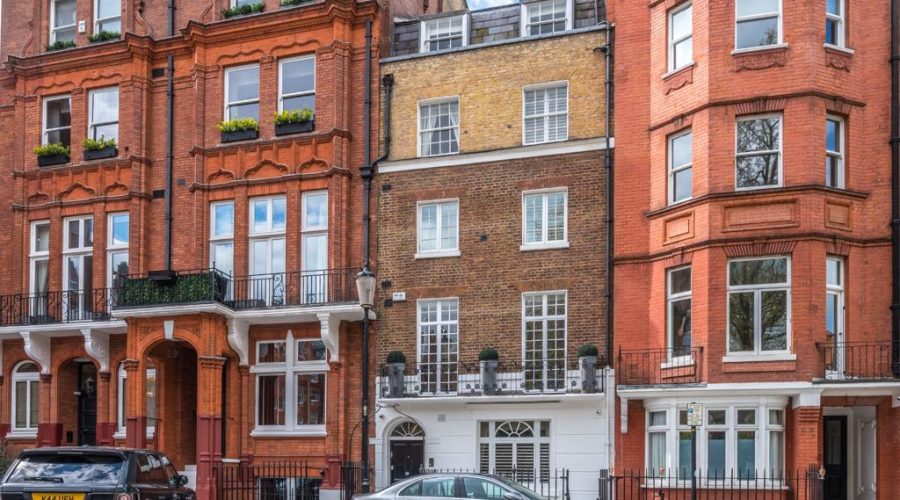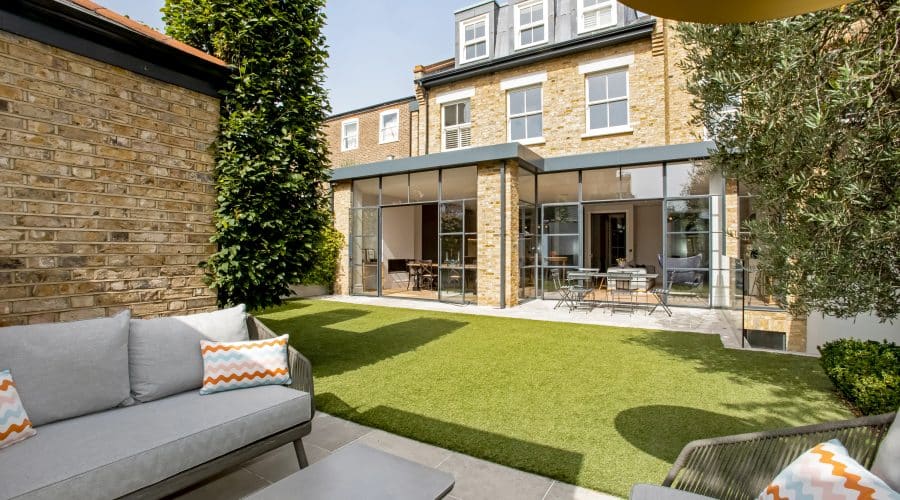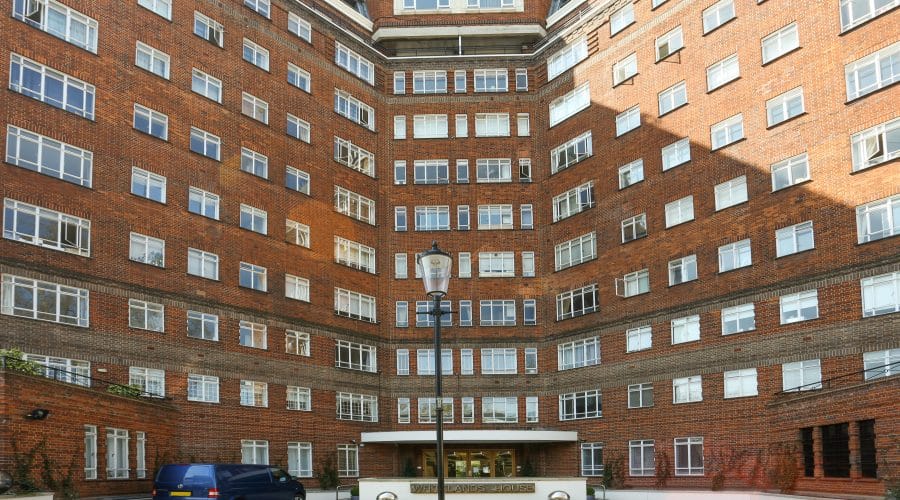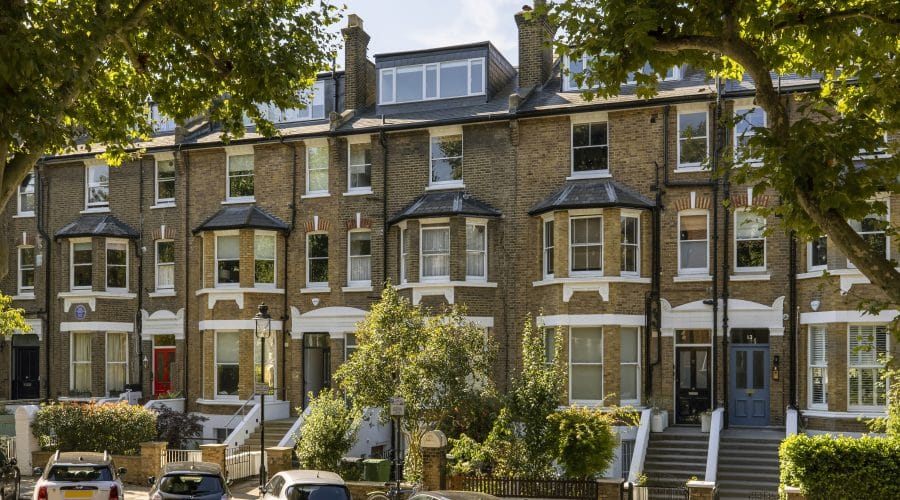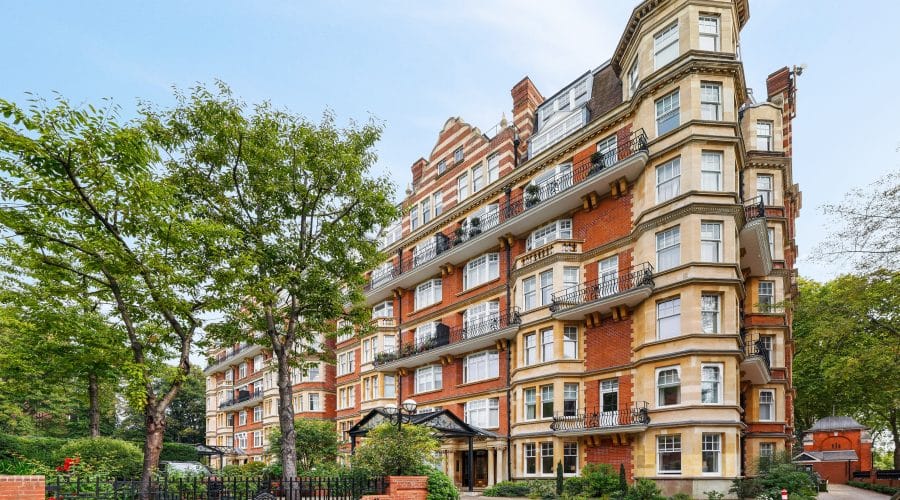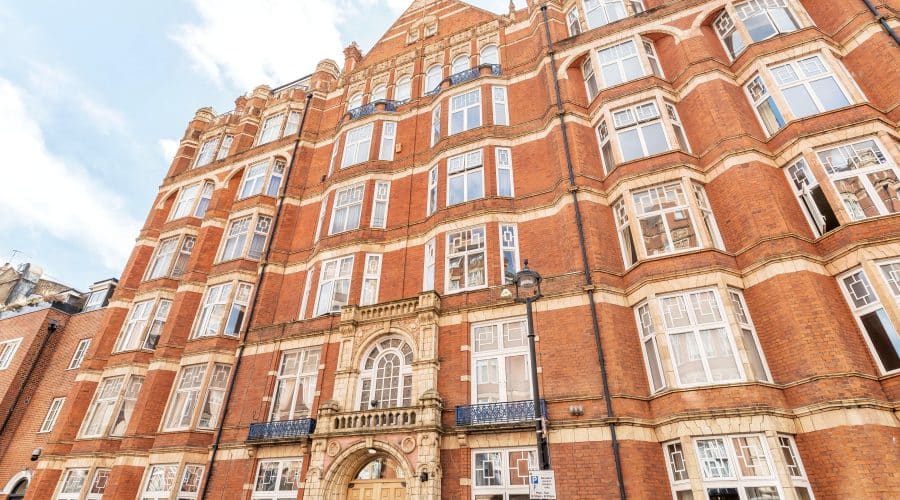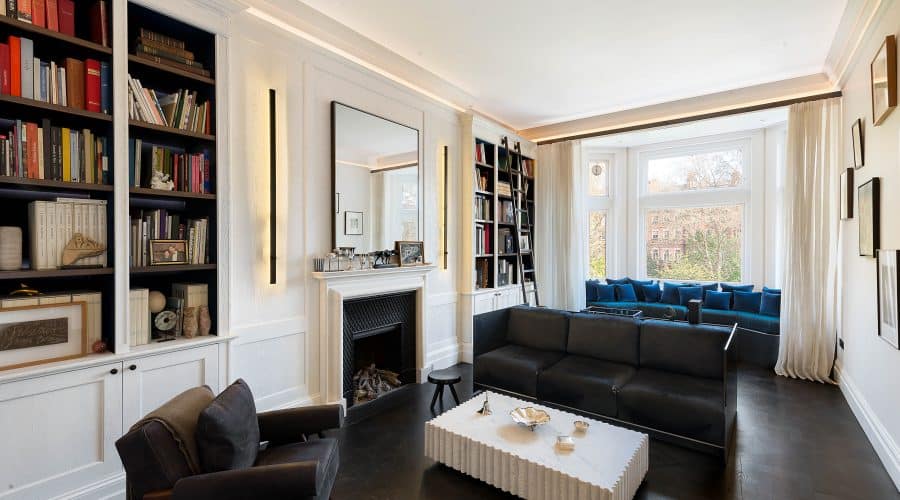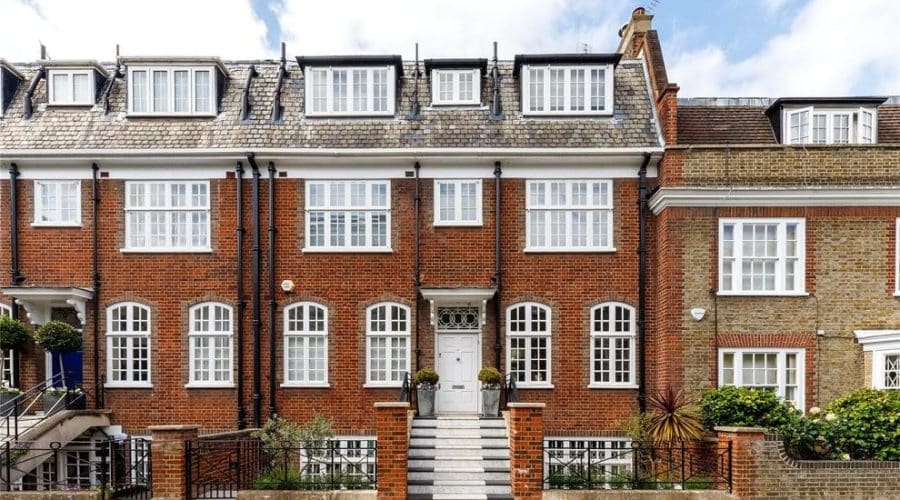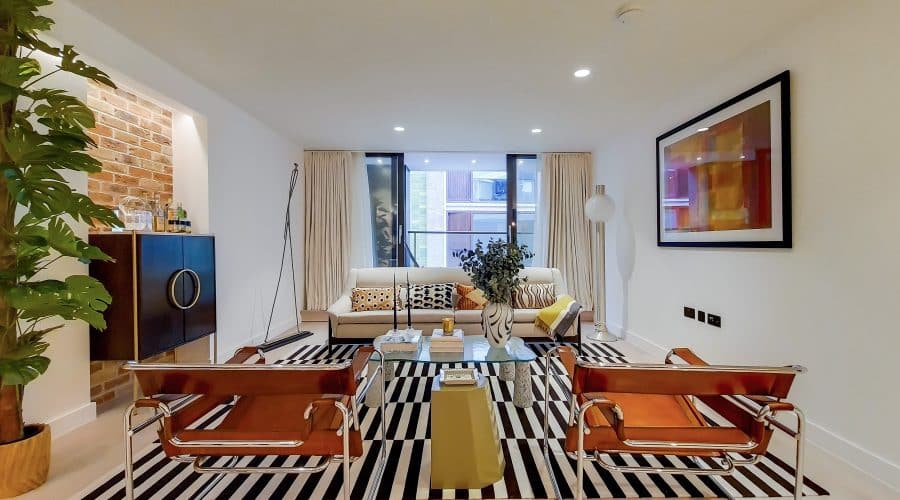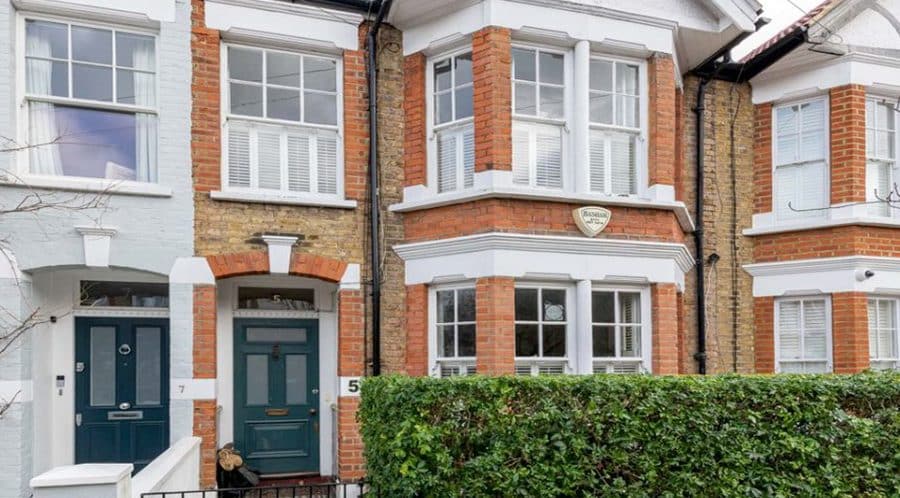Homebuyers fed up with gazumping in an increasingly competitive market may find buying property at auction an attractive alternative. Auction deals are concluded much more quickly, with contracts exchanged immediately; buyers also have peace of mind, knowing that they cannot be outbid after the auction.
Auctions are also becoming more popular. Essential Information Group, which tracks the results of UK property auctions, says that 6,481 lots were sold between July and September, a 3.3 per cent increase on the same period last year. And it is not just decrepit properties that are sold this way — John Lennon’s childhood home in Wavertree, Liverpool, will go on sale on October 29 through Countrywide Property Auctions, with a guide price of more than £150,000.
Here we explain how to get the best deal at auction, and the pitfalls to avoid.
1. Do not rely on the catalogue: visit the property yourself and do your research. Jo Eccles, director of Sourcing Property, a property search and relocation company, says: “One recent auction buyer completed on a property having only seen it from the outside, only to find it piled 5ft deep in tonnes of stinking rubbish. This added significant delays and cost to his intended refurbishment.” Take a look around the neighbourhood. Are the transport links good? Would you live in the area yourself? All of these factors can affect the value of the property.
2. “Get a surveyor to look at the property to help ascertain what the likely cost of improving the property is and to spot any major defects,” says Camilla Dell of property-finding agency Black Brick. A survey of the property will cost about £500 and is a worthwhile investment, even though you could be outbid and lose the money — the cost to you if you end up with a house that is falling apart at the seams would be substantially higher. “Talking to the auctioneer well in advance of the auction is vital. If they are aware of issues relating to the property, they are duty-bound to tell you about them,” says Andrew Brown, managing director of Countrywide Property Auctions.
3. If this is your first time, do a trial run so you can familiarise yourself with the process. You could easily be up against hundreds of bidders and you’ll be more comfortable if you understand how the system works. Chris Baguley, director of Auction Finance, a lender, says: “This will give you a valuable insight into the way the auction works and the tactics other bidders use.”
4. The fall of gavel is when the sale is made and it is legally binding. Contracts are exchanged immediately, so you’ve got to be happy with everything before you start bidding. Have a solicitor inspect any legal packs before the day of the auction. These packs list the terms of the sale and you will be bound by them if your bid wins.
5. As soon as the gavel falls, you have to pay a 10 per cent deposit, and the rest is usually payable within 28 days. “If you’re facing a situation where you need to complete on your purchase before selling your existing home, a bridging loan can help you through,” says Brian Murphy of the Mortgage Advice Bureau. Bear in mind, though, that bridging loans are meant to be short-term solutions and are more expensive than standard mortgages.
Banks could make you mortgage offers subject to retention — for example, they will only give you the mortgage once you’ve installed a kitchen, says David Sandeman of Essential Information Group. It becomes a catch-22 because “you can’t get the money until you’ve got the kitchen, but can’t get the kitchen until you’ve got the money”. The bank could withhold the entire loan until its conditions are met, so it is best to seek a mortgage that doesn’t come with conditions attached, or have another form of finance available if needed.
6. Bring a debit card or chequebook, as well as two forms of identification and proof of residence, to pay the deposit. Cash and credit cards are not accepted, and the penalty for a bounced cheque is substantial — the vendor may sell the property to another buyer as well as sue you for the deposit. Let your bank know that there could be a huge cheque or card transaction being made so they don’t block it.
7. Know the difference between guide price and reserve price. “The guide price is not what property will sell for, it is only a good indication as to where the reserve is going to be and the property could sell. It is not the price at which auctioneer expects property to sell at,” Sandeman says. The reserve price, however, is the lowest price that the vendor will accept. If the reserve price is not met, the property will not be sold.
8. During bidding, the auctioneer is legally permitted to raise false bids while the offers are below the reserve by pretending to accept a bid from a phantom buyer. This is known as “chandelier”, “rafter” or “off-the-wall” bidding and standing in a position that gives a view of the whole room may help you spot this.
9. Decide how much you want to spend and stay calm if the bidding starts to get competitive. Don’t allow yourself to go over budget, do not bid if you have any doubts and always remember that the auctioneer is there to get the highest possible price for the property.
10. Don’t despair if your bid doesn’t win. If the winning bid falls through at a later stage, or if the reserve price was not met, it might be possible to buy the property after the auction. Leave your details with the auction house and you might get your hands on the property after all.
